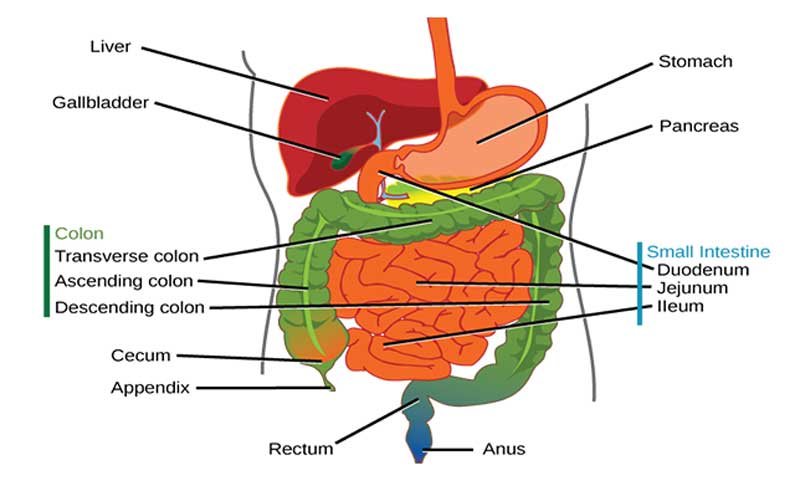×
The Standard e-Paper
Join Thousands Daily

A worrying increase of cancers of the digestive system has left experts puzzled with still no clear explanation for the surge.
The oncologists noted that while breast, cervical and prostate cancers have been the most common in the country, gastrointestinal cancers have proved more lethal due to the number of fatalities. As per the 2018 Globocan report, if one is diagnosed with oesophagus cancer, they have a 0.66 per cent chance of surviving.